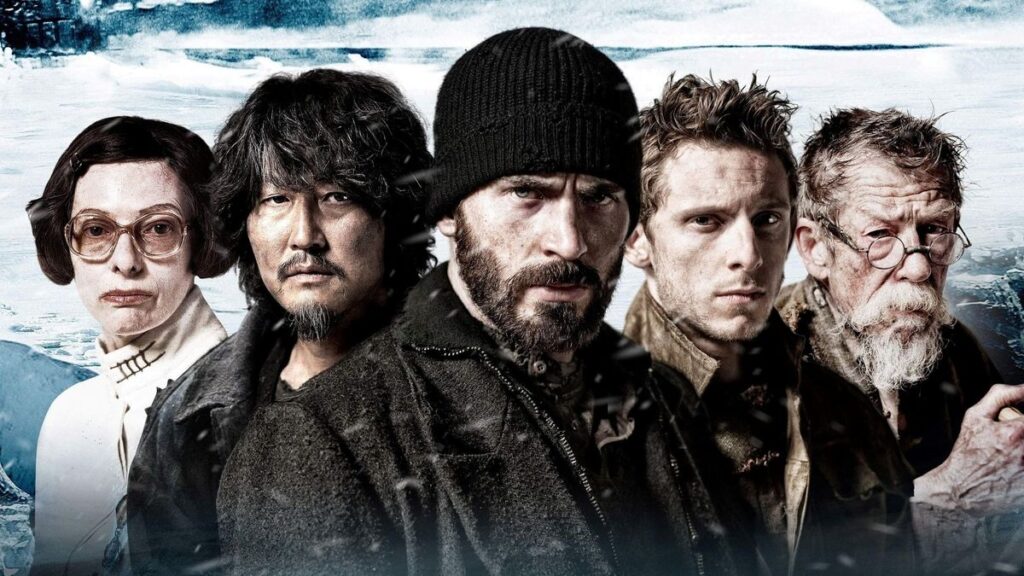
Reflection on Snowpiercer
Category: Theory; Tags: assignment, political philosophy
In Snowpiercer, Mason, justifying feudalism on the train, claimed that it is natural for each person to stay in their assigned position, just like shoes belong to the feet and hats should be on the heads (although later plot proves that rebellion can be natural as well). Many political systems were claimed to be natural through ideological indoctrination, but history proved that their usefulness is always limited in their eras.
The current most accepted ideology is capitalism with personal inheritable property rights, which seems to be an effective compromise between meritocracy and aristocracy. However, these two elements are increasingly challenged. As Bakunin argued, the right to inheritance is a modern form of feudalism and its injustice and unjustified inequality are apparent as shown in Snowpiercer. Inheritance itself is also inherently conflictory with meritocracy, especially considering the impact and privilege of education today. Additionally, gifting also sometimes induces unfair advantages. I like to compare our society to video games. Most online multiplayer games have strict rules (or simply total prohibitions) on giving or selling items to other players precisely because it undermines the fairness and fun in the games. If we know that in video games, it shouldn’t be hard to understand its equivalence in the real world.
The meritocracy in capitalism is also problematic for three reasons. Firstly, it is not entirely meritocratic as it fails to measure precisely each person’s contribution. Soldiers make it possible for scientists to invent new equipment, but they have no parts in the new lucrative patents. Neither anarcho-capitalism or embedded liberalism can resolve this problem perfectly. Secondly, as Rawls argued, having innate talents is also a matter of luck and the sheer number of people in the society that serve as the denominators are also indispensable statistically even if they make no direct contributions. Thirdly, in a world with rapid technological replacement, what’s the use of meritocracy if it empirically fails to promote positive changes? Let’s say there are 10 farmers working everyday on a field. One day, one of them invents a tractor and becomes capable of doing the work of 10 farms on his own. It surely is a good thing, right? 10 farmers can take turns using the tractor and rest on the other 9 days. But this is not the case under modern capitalism, technological substitution of human labour has already created and will continue to create mass unemployment, resulting in a widespread opposition of technological advancement (although I believe such anger has been purposefully diverted to globalization). If the US economy is growing, it means the gains must outweigh the loss, in which case a careful arrangement can approach a Pareto optimality where everyone benefits and is happy for the changes. But what we have seen are economic polarization, expanding property, and discrimmination against welfare recipients. Yuval Harrari envisioned the emergence of an employed and employable “useless class” in the near future—and as we see in Snowpiercer, uselessness leads to powerlessness. Certainly, the “useless” here means “economically useless under current capitalism” and I think “the useless class” is extremely morally useful in generating happiness.
What is the alternative then? In the short term, I believe decommodification of essentials like basic foods and housing and universal basic income are a band-aid solution to better the lives of “losers.” In the medium term, I believe defamilization and dedomestication and letting the state provide and be responsible for nurtureship and education can enhance the meritocracy component. In the long term, I believe, with highly sophisticated computing power, Marxian Communism has its potential.
—-Atlas, 2022.3.31